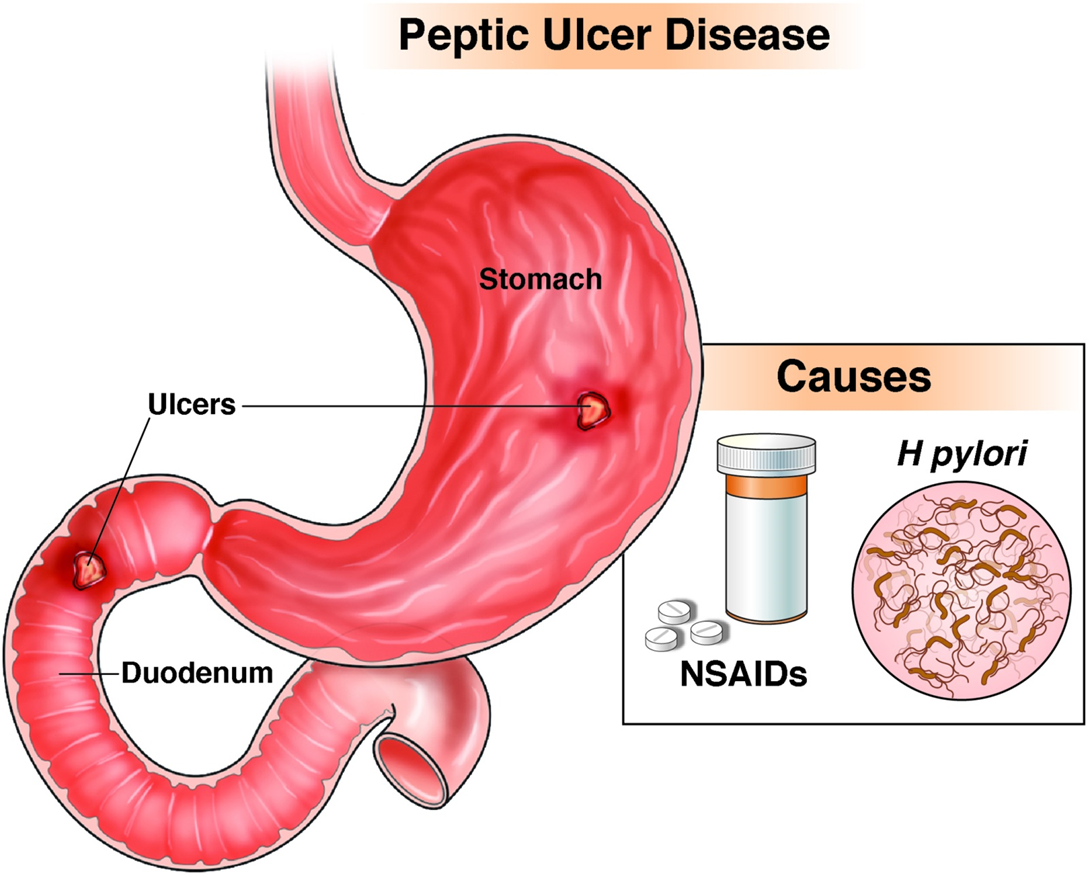A patient is receiving IV fluids at 100 mL per hour. Which assessment findings would indicate fluid volume excess? (Select all that apply.)
Bounding pulse.
Elevated temperature.
Warmth at IV site.
Profuse sweating.
Crackles in lungs.
Correct Answer : A,E
Choice A reason: A bounding pulse can indicate fluid volume excess, as the heart works harder to pump the increased volume.
Choice B reason: Elevated temperature is not specifically indicative of fluid volume excess and can be related to various conditions.
Choice C reason: Warmth at the IV site may indicate an infection or inflammation, not necessarily fluid volume excess.
Choice D reason: Profuse sweating is not typically a sign of fluid volume excess; instead, it may indicate dehydration or other conditions.
Choice E reason: Crackles in the lungs can indicate fluid overload, especially in the context of excessive IV fluid administration.
Nursing Test Bank
Naxlex Comprehensive Predictor Exams
Related Questions
Correct Answer is D
Explanation
Choice A: "I’m sorry if I upset you. I just wanted to make sure you’re aware of the day’s schedule."
This response may seem empathetic, but it could potentially reinforce the client's aggressive behavior. The nurse is apologizing, which might give the impression that the client's rude behavior is acceptable¹.
Choice B: "Well, if you can read it yourself, then why don’t you?"
This response is confrontational and could escalate the situation. It's important for the nurse to maintain a neutral and respectful manner.
Choice C: "You don’t have to be so rude. I’m just doing my job."
This response is defensive and could provoke further aggression from the client. It's not recommended to respond defensively to clients with borderline personality disorder¹.
Choice D: "I didn’t mean to offend you. I’ll leave the schedule here for you to review."
This is the most appropriate response. The nurse acknowledges the client's feelings without reinforcing the aggressive behavior. The nurse also respects the client's autonomy by leaving the schedule for the client to review¹.
Correct Answer is D
Explanation
Choice A reason: While bulimia can contribute to gastrointestinal issues, it is not as directly linked to peptic ulcers as the use of nonsteroidal anti-inflammatory drugs (NSAIDs).
Choice B reason: Drinking green tea is not typically associated with an increased risk of peptic ulcers.
Choice C reason: Consuming spicy foods is a commonly believed risk factor, but it is not supported by strong evidence as a direct cause of peptic ulcers.
Choice D reason: The use of NSAIDs, such as ibuprofen, is a well-established risk factor for the development of peptic ulcers due to their effect on the stomach lining.

Whether you are a student looking to ace your exams or a practicing nurse seeking to enhance your expertise , our nursing education contents will empower you with the confidence and competence to make a difference in the lives of patients and become a respected leader in the healthcare field.
Visit Naxlex, invest in your future and unlock endless possibilities with our unparalleled nursing education contents today
Report Wrong Answer on the Current Question
Do you disagree with the answer? If yes, what is your expected answer? Explain.
Kindly be descriptive with the issue you are facing.
